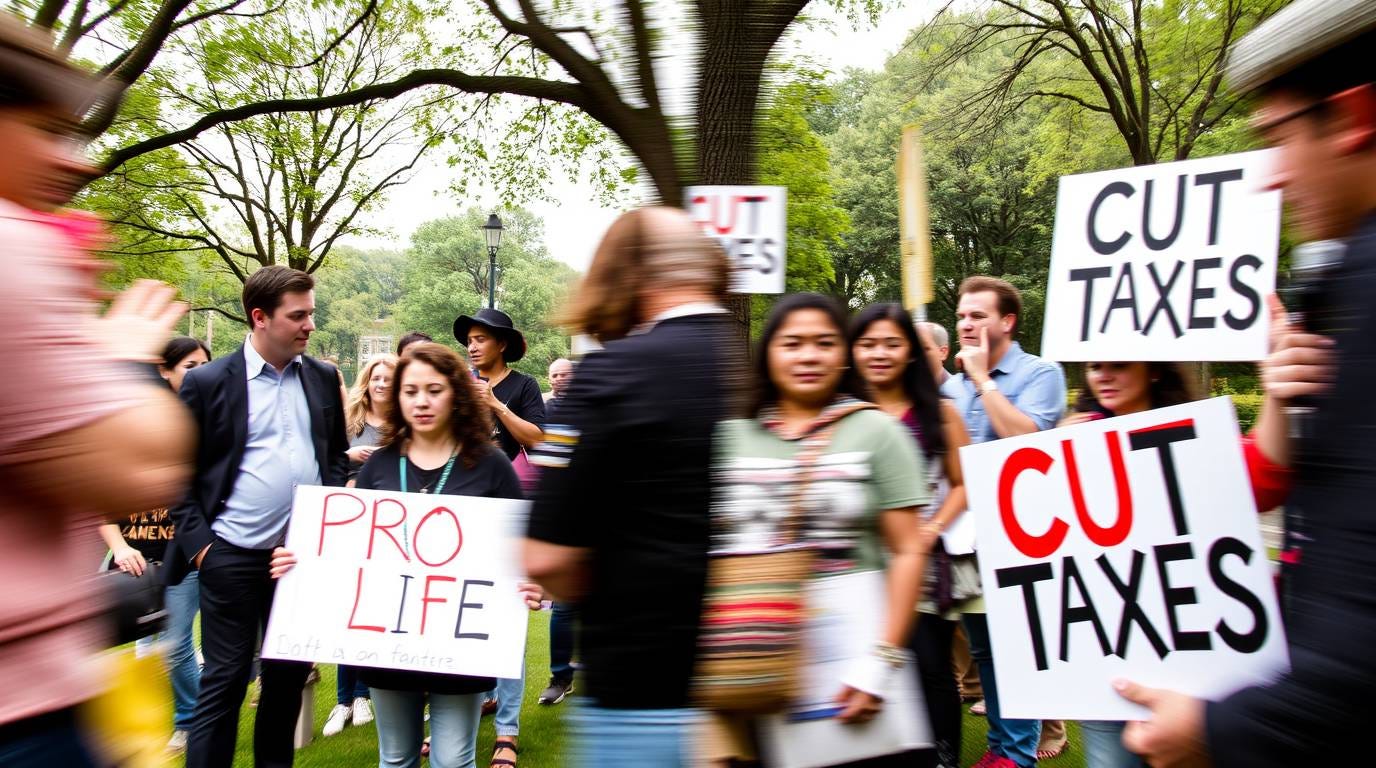I am a grassroots activist with a strong focus on local and state politics. For some, the term “grassroots activist” raises an eyebrow….is this a radical group or person? What’s the goal of grassroots? Is there violence or destruction involved? Relax, take a deep breath; there is no violent agenda in the making!
Grassroots is a term used to describe an approach to creating change that focuses on bottom-up action, rather than waiting for party leaders or the media to set the agenda. The motivation stems from the belief that societal change begins with ordinary citizens rather than institutional power. This is in contrast to the establishment approach, where the efforts and agenda is a top-down policy led by the established political parties, organizations, or elites.
Now, you can already begin to see a power struggle building…. grassroots versus establishment.
Grassroots activists operate outside established structures and rely on strategies such as sharing information through social media or local networks, making it a priority to engage with ordinary citizens within the community and, in my case, the state of Missouri.
Establishment refers to the entrenched, influential leaders, organizations, and institutions that hold significant power and sway over directions, policies, and priorities. This group might include long-standing politicians, think tanks, prominent media figures, wealthy donors, and party elites within entities.
The establishment tends to prioritize maintaining existing power structures, a.k.a. “GAGA” (Go Along to Get Along), and prefers to advance a more polished version of ideology. This polished version of ideology can also be referred to as “sausage making.”
“This is how the sausage is made” is a metaphor that refers to the messy, unglamorous, or even distasteful process behind creating something people enjoy or take for granted. From a political context, it describes a complex endeavor where the end work looks polished, but behind the scenes, the work is chaotic, compromising, or unappealing. Let’s take the example of lawmaking —the final bill gets passed and perhaps even celebrated, but the negotiations, backroom deals, and trade-offs that got it there are part of the process that few want to see up close.
And I'm gonna go out on a limb and say that while the establishment is proud of their sausage making, We The People have had plenty of the distasteful behind-the-scenes process. As a matter of fact, the establishment seems to celebrate with steak while We, The People, eat the sausage, gristle, and all.
These two different approaches lead to tension between the grassroots and establishment. The establishment is often seen as being out of touch with the base or willing to compromise core principles for political expediency or sausage making.
At this point, you might think, ok, I'm good with the term grassroots, but what about that term “activist”? Aren't there activists on the left? Radical activist? That burn and destroy? Yes, there are activists on the left. And yes, they do burn and destroy! I guess they're tired of the sausage, too!
I'll save an analysis of the different approaches to grassroots activism for another time. For now, the key to defining an activist is pro-active involvement; they don't just complain about the world. They try to change it often by determining what they can bring to the table and how they can align with a larger movement ideology. Unlike a casual supporter, a political activist commits time, energy, and sometimes personal risk to the cause, aiming to sway public opinion and policy of power structures directly.
An “activist” on the right is driven by conservative principles and values, emphasizing traditional values, limited government, individual liberties, free market policies, or social conservatism, depending on their specific priorities. For example, such an activist might campaign against local tax increases, promote pro-life policies, and support candidates who align with their ideological stance, all while continuing to foster a sense of community involvement and empowerment among like-minded individuals.
One of the sides will appeal to you. Are you grassroots? Are you establishment? Are you a casual supporter or an activist?
Once you define where you are, you will gain clarity and a sense of purpose and direction. I wish I could say it doesn't matter which side you choose, but I just don't feel that way. I feel like the time is now for a grassroots movement. Trump is in office, and he continues to return more power to the state. Now, it'll be up to the state of Missouri to decide how we move forward in the future - will we be focused on grassroots efforts that include the average citizen, who helps determine the outcomes of our political policies? Or will we cower and forever be captive to the establishment methodologies, creating more for themselves, dining on steak, and feeding us the sausage?





Great explanation!